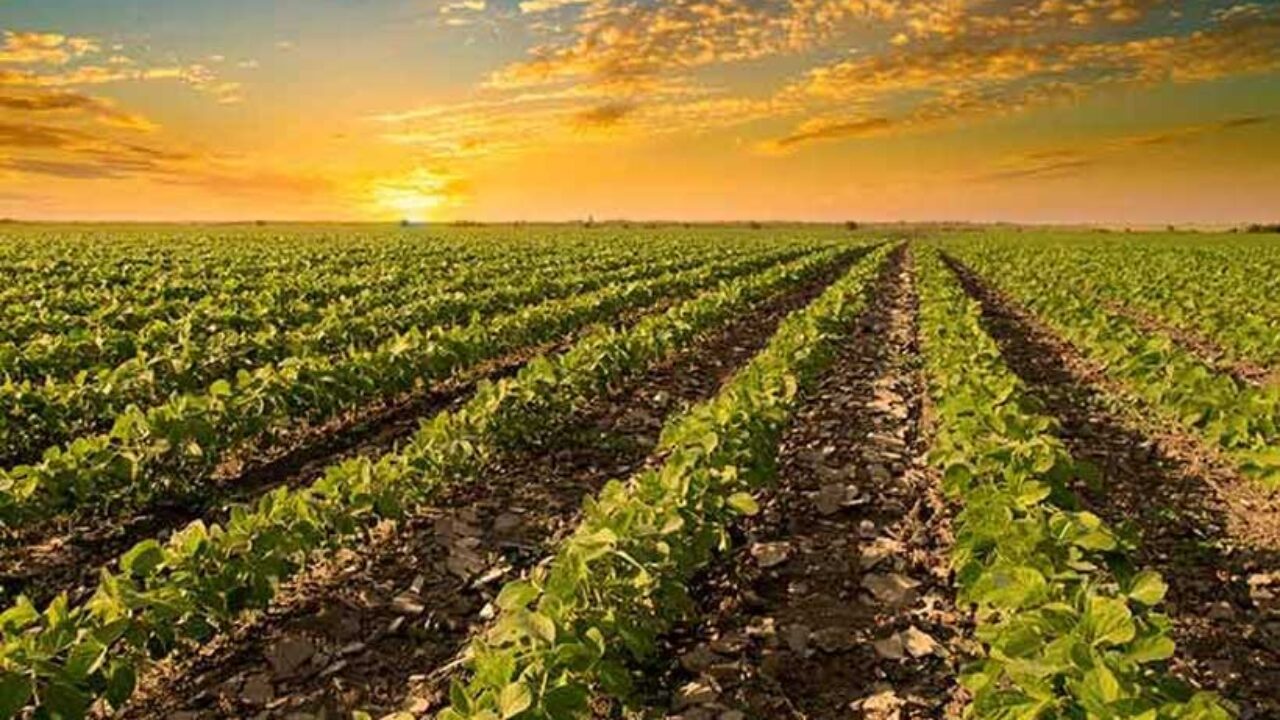10 Tips For Sustainable Farming – Hillandale Farms

Sustainable farming is a hot topic in the agricultural world right now. More and more organizations such as Hillandale Farms are realizing the importance of sustainability, and are looking for ways to incorporate it into their operations. In this blog post, we will discuss 10 tips for sustainable farming. These tips will help you produce food that is environmentally friendly and economically viable.
- Incorporate cover crops into your rotation
Soil is essential for growing healthy crops. Not only does it provide nutrients and support for plants, but it also helps to regulate moisture levels and prevent weed growth. However, soil can also be quickly eroded by wind and water, making it difficult for new seedlings to take root. One way to help reduce soil erosion is to incorporate cover crops into your rotation. Cover crops help to hold the soil in place, and their dense network of blades helps to deflect wind and water.
- Implement no-till farming practices
No-till farming is a form of tillage that does not disturb the soil, allowing for more water and nutrient retention. This will reduce your reliance on fertilizers and other inputs, making your farm more sustainable.
- Choose drought-tolerant crop varieties
Drought-tolerant crops are better able to handle dry conditions, making them more resilient in the face of changing climate patterns. This will improve your yields and reduce the need for irrigation.
- Utilize companion planting
Companion planting is a method of planting two or more crops close together to increase yield, reduce pests and diseases, and promote soil health. This will allow you to get the most out of your land without using extra inputs.
- Practice minimal tillage
Minimal tillage involves disturbing only the top layer of soil to discourage weed growth without damaging beneficial organisms living beneath it. This will help maintain healthy soils while controlling weeds naturally.
- Rotate livestock and crops
Rotating livestock and crops helps reduce soil compaction and minimizes the spread of pests and diseases. This is an important part of sustainable farming as it will help you maximize yields without sacrificing your land’s health.
- Utilize integrated pest management systems
Integrated pest management (IPM) systems are designed to reduce the number of pesticides used in farming by using natural, non-toxic methods to control pests. This will not only keep your environment safe but also cut down on costs.
- Incorporate water conservation practices
Water conservation practices such as drip irrigation, mulching, and rainwater harvesting can all help conserve valuable resources while reducing water usage. This will allow you to produce more with less water.
- Use organic fertilizers
Organic fertilizers are plant-based, natural sources of nutrients that can help improve soil fertility without harming the environment. These will provide your crops with important nutrients while fostering a healthy ecosystem around your farm.
- Invest in renewable energy sources
Renewable energy sources such as solar, wind, and geothermal can provide power to your farm without contributing to climate change or other environmental issues associated with fossil fuels. Not only is this better for the environment, but it can also save you money in the long run.
Closing thoughts
Sustainable farming is essential for our future and these tips should help you get started on the right foot! With commitment and practice, you can achieve a sustainable, efficient, and profitable farming operation.






